In a world where sustainability and soil health are increasingly important, exotic fruit producers in Ecuador are adopting innovative approaches to transform the way pitaya is grown and exported. Regenerative farming practices seek not only to improve fruit quality, but also to restore agricultural ecosystems, capture carbon and make a positive impact on the environment. This approach is reflected in the growing exports of organic pitaya.
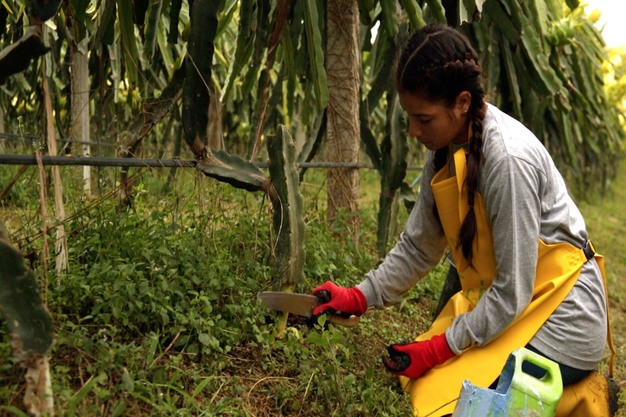
El Dragón Farm, an Ecuadorian company based in Guayaquil, is specialized in the production and export of pitaya, an exotic fruit that is becoming increasingly popular in the international market. Its president, Johanna Ibujes Andrade, told us that in addition to specializing in this fruit, the company is committed to organic and regenerative agriculture, replicating the respect for the environment that characterizes the Galapagos Islands, where the founder is from.
"Organic pitaya is grown under a regenerative agriculture system that aims to revitalize the soil and promote biodiversity. Our soil is alive," says Johanna, explaining how the weeds that cover the farm's soil help prevent erosion and keep the soil's microbiome healthy. "Also, we use living legume poles instead of concrete structures. This not only reduces the environmental impact, but also contributes to the natural fixation of nitrogen in the soil, thereby boosting the sustainability of the ecosystem."
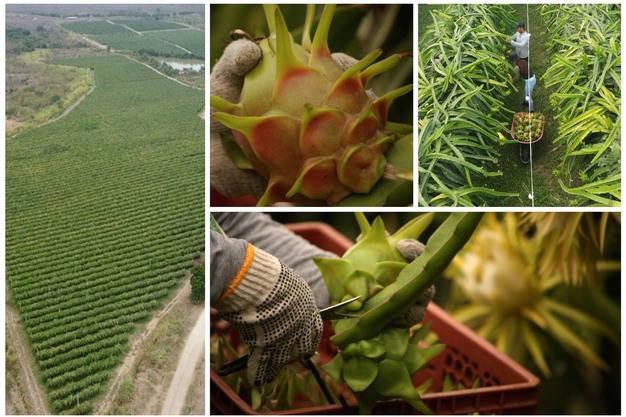
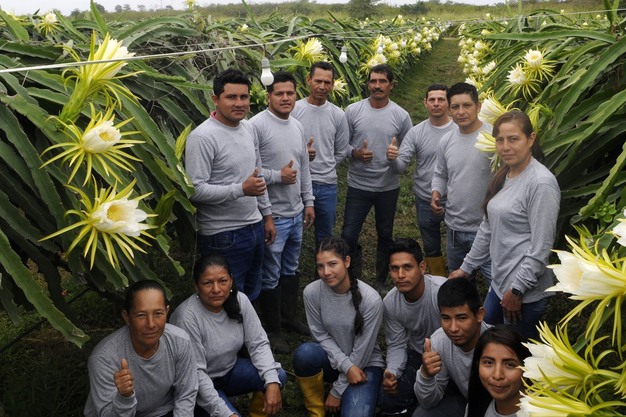
This approach allows El Dragón Farm not only to supply a nutritious fruit, but also to have a production that meets high international standards, including GlobalGAP, and which has organic certifications valid for both the United States and Europe. Moreover, it is currently in the process of obtaining a GRASP certification.
Although the United States has remained its main market, the company is making inroads in Europe, taking advantage of the growing demand for organic products. In 2024, it exported around 50 containers, and an increase in the export volume is expected in 2025, especially in the European market. "With the organic certification, we are looking for new customers who value sustainability and the health of their consumers," says Johanna.
"The pitaya we export comes in 4.5 kilo boxes. Prices vary depending on the market and logistical costs. Exports to the United States go mainly by sea, while those to Europe are often shipped by air. This has an impact on the costs and final prices," says Johanna.
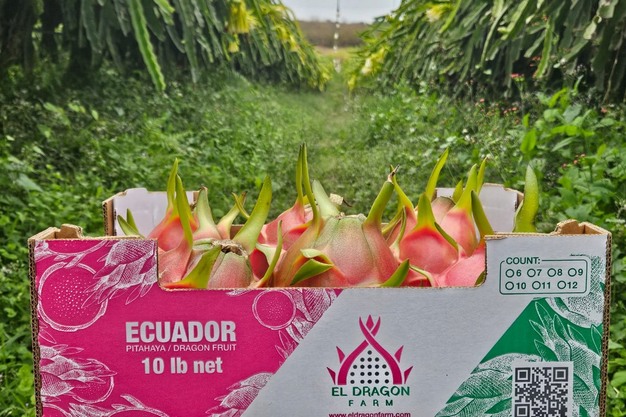
The company is facing significant challenges. The increase in pitaya production in Ecuador and other countries, such as Peru and South Africa, has had an impact on international prices. Moreover, logistics costs, especially for destinations in Europe and Canada, have a significant influence on the final price.
Despite these challenges, Johanna remains optimistic. "Pitaya is a relatively new fruit for many markets, but its consumption continues to grow, and we believe its potential is huge. As far as prices are concerned, they are becoming more and more competitive, as the fruit's production has increased. It is now being grown in other parts of the world, such as Peru, Nicaragua, Thailand, Colombia and even Spain."
To remain at the forefront in a competitive market, El Dragón Farm has chosen to embrace innovation in its cultivation and packaging methods. The company has recently inaugurated its own packing plant, thereby improving product traceability and guaranteeing that the fruit arrives in the freshest condition to its destinations. It is also looking into new forms of marketing, such as the production of frozen and powdered pitaya, which could open up new business opportunities.
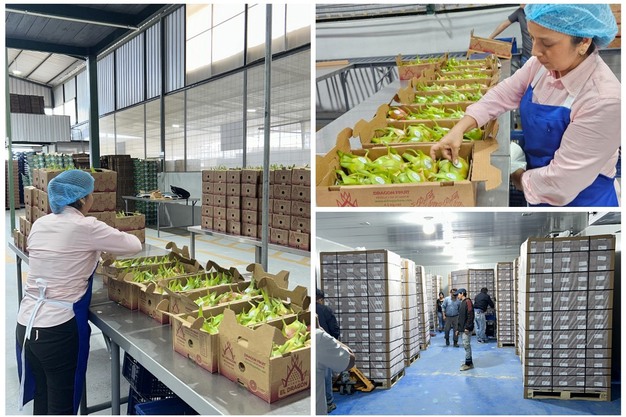
By creating jobs both in the fields and in the packing plant, the company is fostering economic development in the region. It is also making an effort to generate employment opportunities for women in the community and promoting their inclusion in the agricultural sector.
For more information: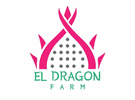
Johanna Ibujes Andrade
El Dragón Farm
Tel.: (+593) 99 194 3191
[email protected]
www.eldragonfarm.com
